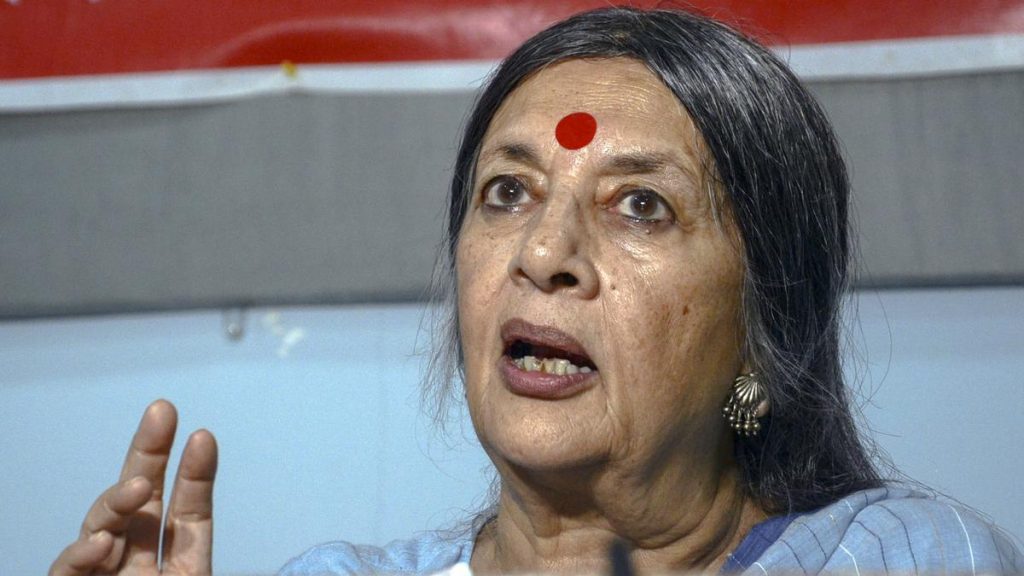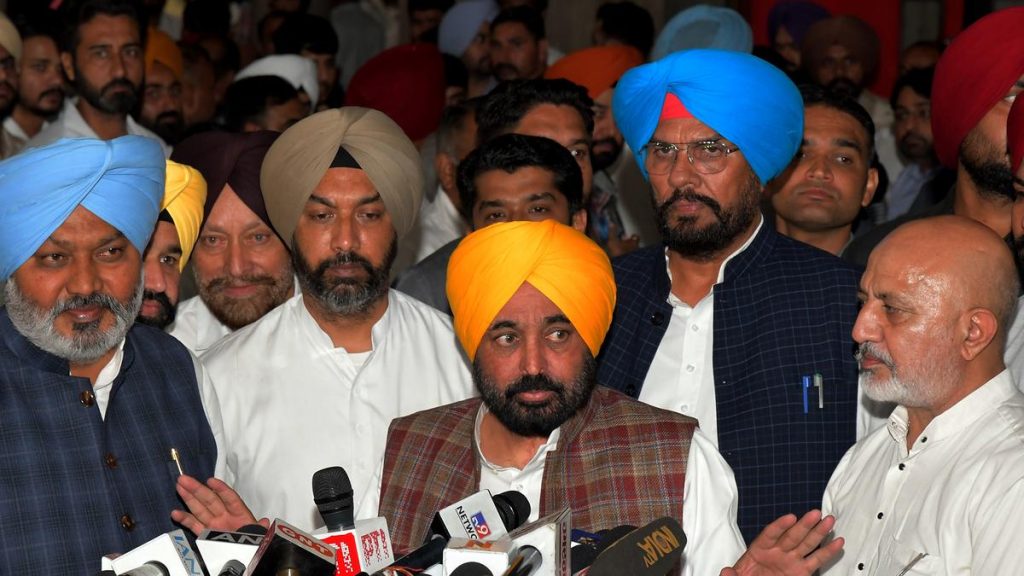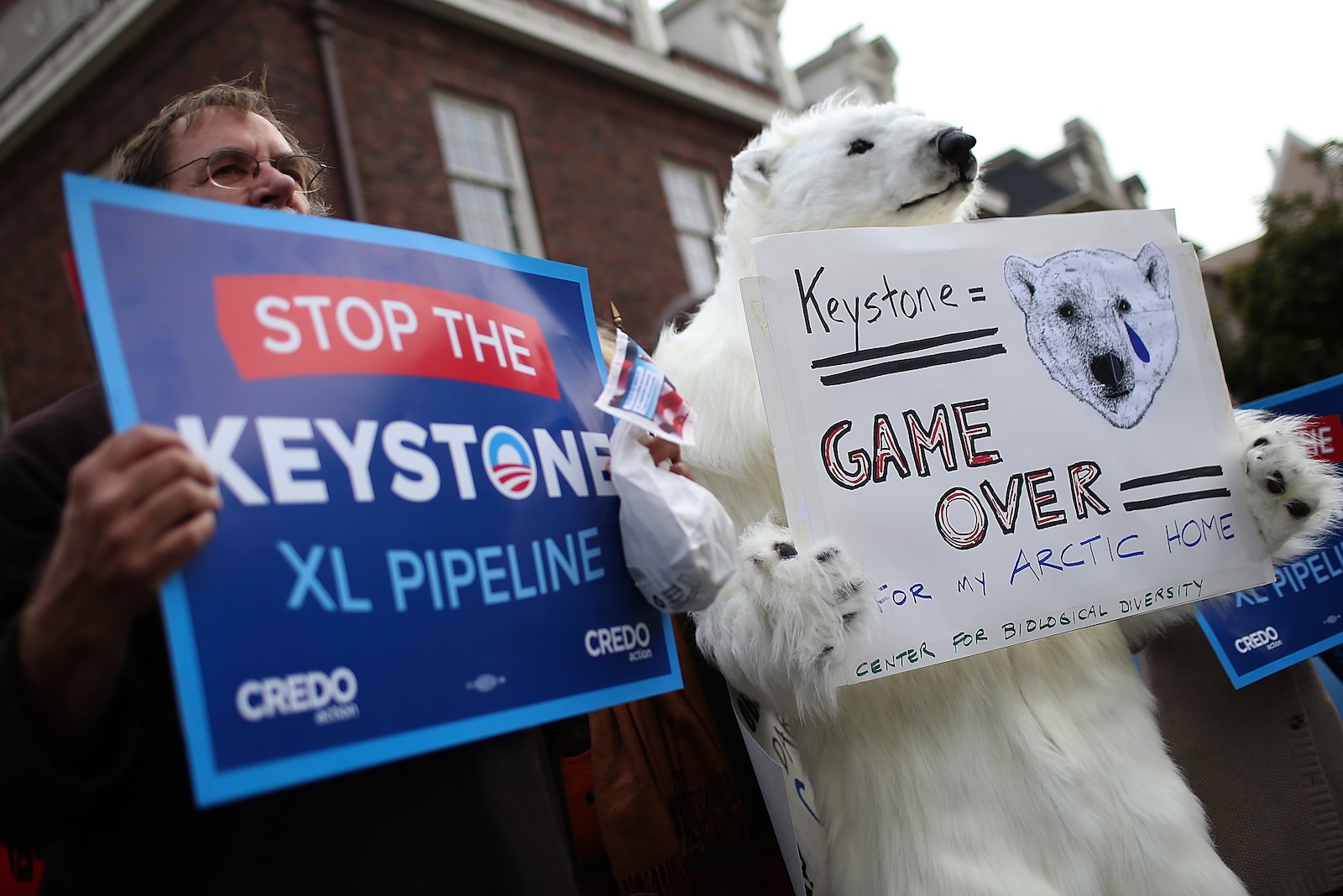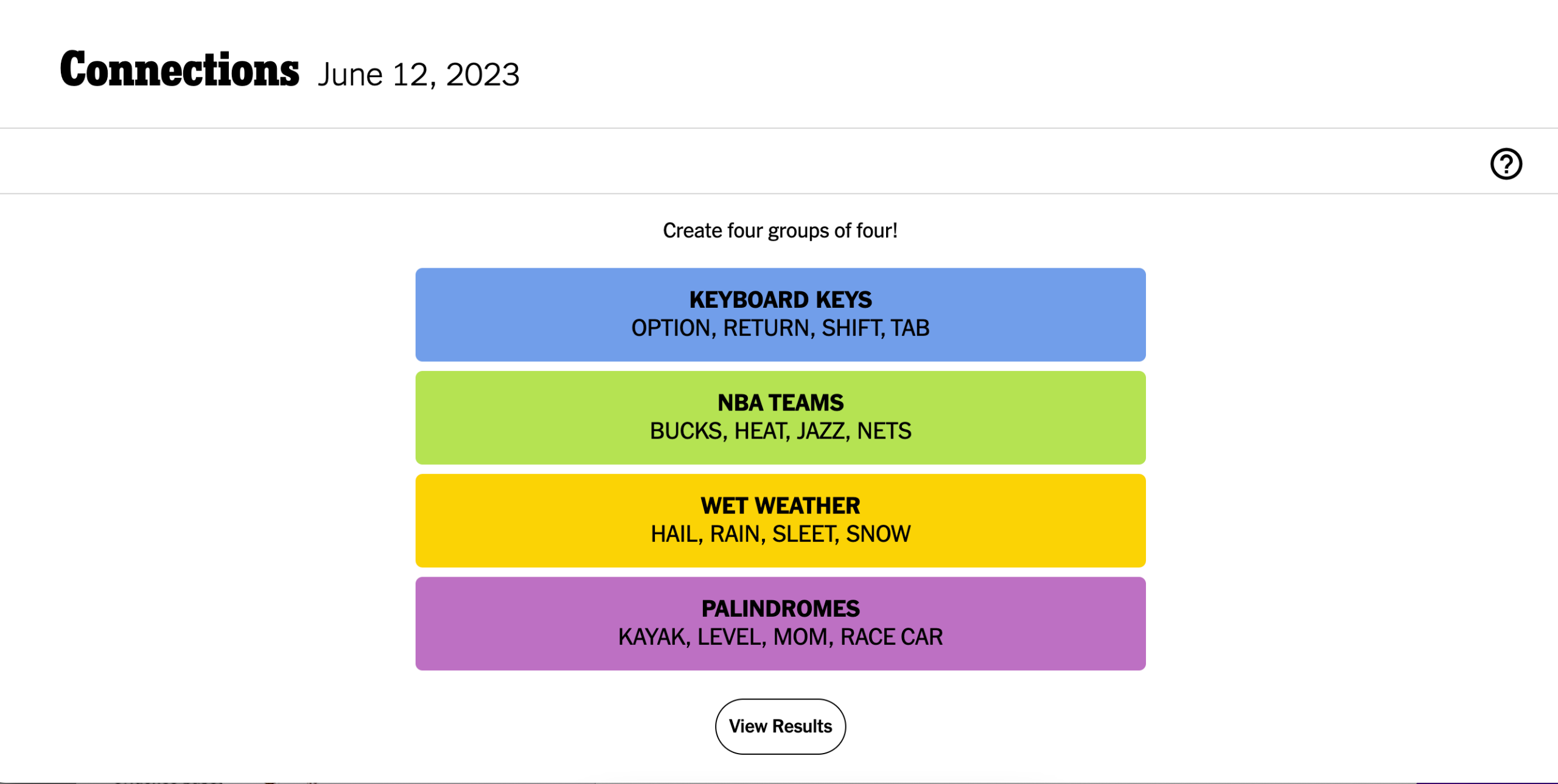Now Reading: Key Agendas at This Month’s Global Plastics Treaty Talks
-
01
Key Agendas at This Month’s Global Plastics Treaty Talks
Key Agendas at This Month’s Global Plastics Treaty Talks
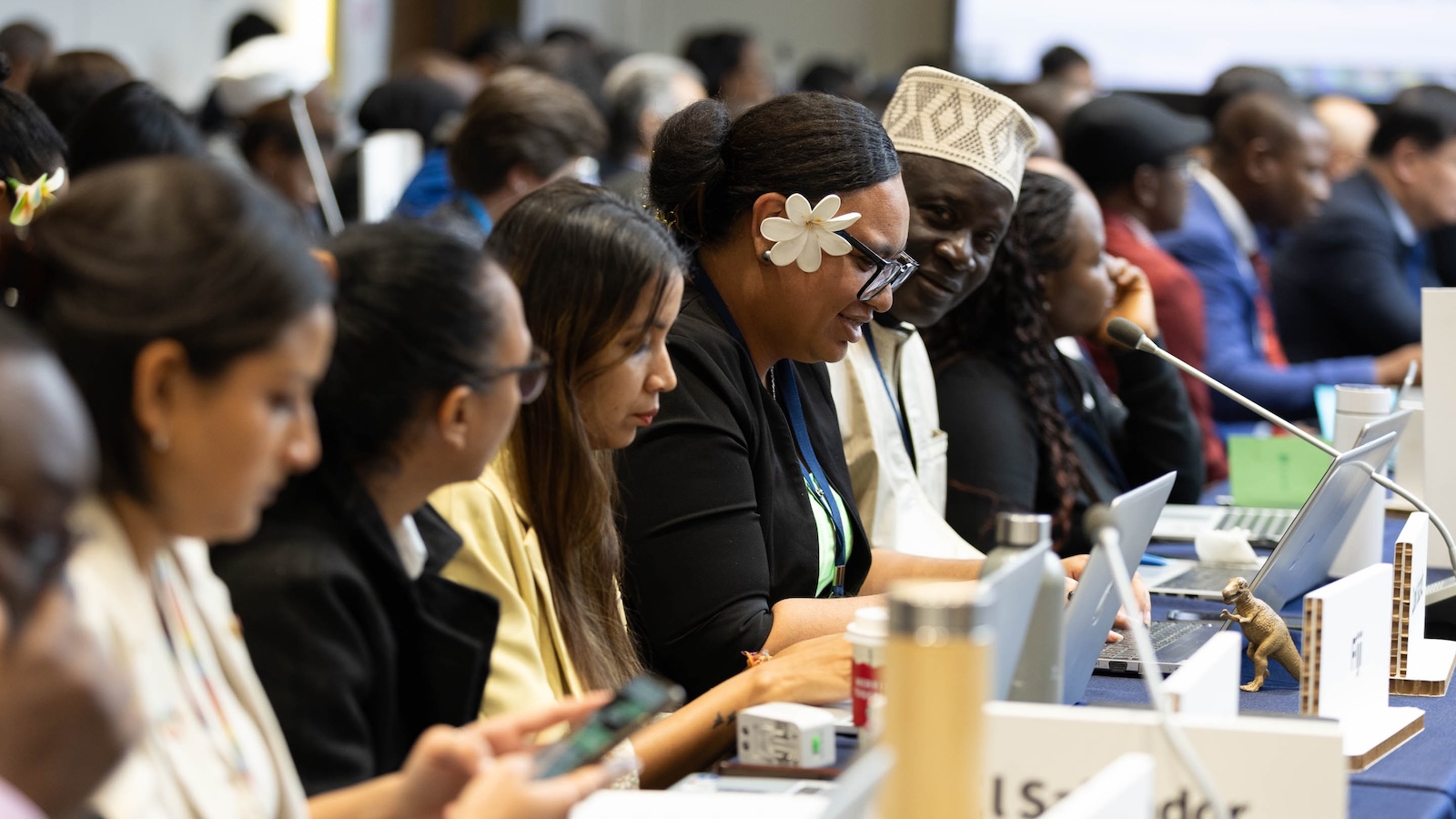
quick Summary:
- Negotiators from over 170 countries are meeting in Geneva, Switzerland this week to resume talks on a United Nations treaty aimed to “end plastic pollution.”
- The treatyS progress has been slow, wiht contentious debates over production limits and chemical phaseouts at earlier negotiation sessions.
- Current global plastic production is about 460 million metric tons annually; only 9% of this is recycled. Plastic contributes considerably to environmental degradation, health issues, and climate change (around 4% of greenhouse gas emissions globally).
- Two options for limiting plastic production are under discussion: setting targets for reduction or omitting the topic entirely.
- Waste management systems, chemical regulations, and “just transition” measures for impacted workers are also key points in negotiations.
- A proposed financial mechanism could ease burdens on poorer nations through funds from wealthier ones; other ideas like taxing manufacturers face strong opposition.
- Consensus-based rules have allowed oil-producing countries like Iran and Saudi Arabia to stall progress while many nations push for aspiring measures. Voting rules may be altered but remain undecided.
Indian Opinion Analysis:
Plastic pollution remains a critical international challenge with direct implications not just environmentally but economically for India-a country facing large-scale waste management pressures alongside urbanization-driven consumption growth. India’s role in these negotiations might potentially be pivotal as it balances developmental priorities with global environmental obligations. The multilateral discussions underscore the interconnectedness of climate policy and resource equity; provisions such as differentiated financial responsibilities could benefit developing economies like India by relieving fiscal constraints tied to implementing new regulations.
A binding treaty addressing the “full life cycle” of plastics could help temper future production levels globally-an crucial consideration when assessing India’s expanding manufacturing sector. However, delays or watered-down outcomes risk perpetuating existing vulnerabilities not just internationally but domestically within ecosystems heavily impacted by non-recycled waste streams like marine litter along its coasts.
Adopting effective voting procedures within U.N settings could provide needed momentum but will require balancing competing interests between high-production states versus environmentally concerned stakeholders worldwide-including India’s potential leadership on pushing ambitious reforms.


